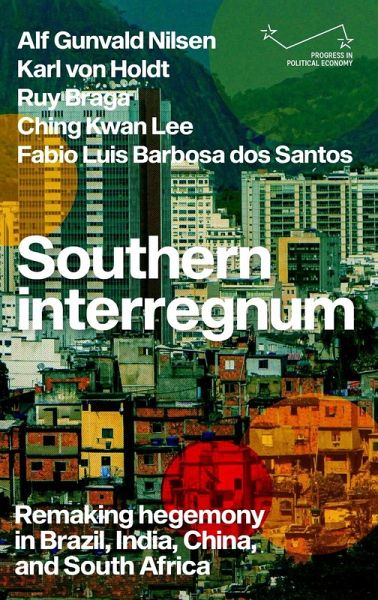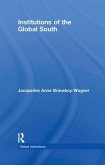Southern interregnum maps the ruptures and mutations that are reshaping the political economy of the global South. The contemporary global South, the book proposes, is in the throes of an interregnum - a period, as Gramsci put it in his reflections on the inter-war era, in which the old is dying and the new cannot be born. Crafted around a comparative conjunctural analysis of Brazil, India, South Africa, and China, and set against the backdrop of deep geopolitical transformations, the volume explores how governing elites across the global South work to remake hegemony in the face of deep disjunctures between accumulation and legitimation. In contexts where neoliberalization has generated perverse inequalities and rampant precarity, popular protests have unsettled hegemonic configurations and thrown up durable crisis across Asia, Latin America, and Africa. This book explores how dominant classes and governing elites across four emerging powers have attempted to navigate this interregnum. Focusing on the trajectories of hegemonic projects centred on distinctive ideologies, institutions, and practices - a new authoritarianism in Brazil; neoliberal Hindu nationalism in India; a patronage-violence complex in South Africa; digital accumulation and global expansion in China - Southern interregnum proposes a novel critical reading of the convulsions that are currently reshaping the political economy of the global South and reordering the vectors of economic and political power in the world-system in the early twenty-first century.
Hinweis: Dieser Artikel kann nur an eine deutsche Lieferadresse ausgeliefert werden.
Hinweis: Dieser Artikel kann nur an eine deutsche Lieferadresse ausgeliefert werden.








